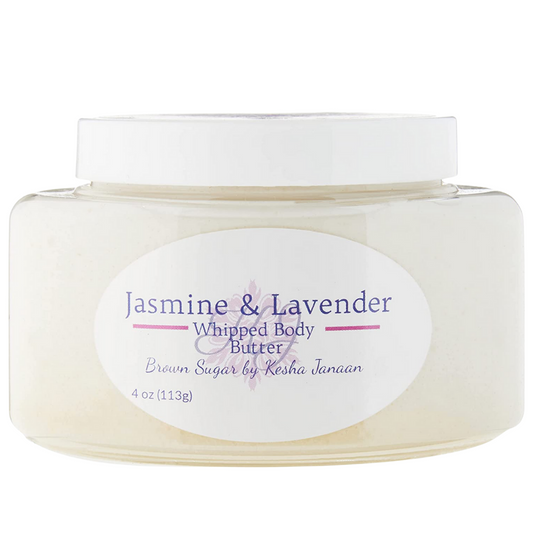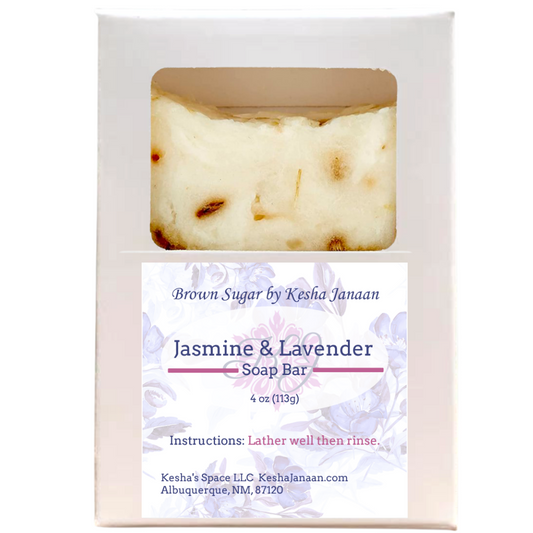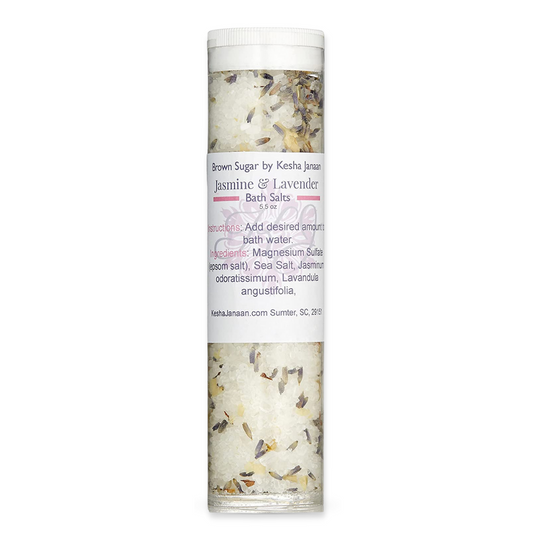In an era where consumer choices profoundly influence global markets, understanding the significance of fair-trade ingredients is more important than ever. Fair-trade ingredients not only promise ethical sourcing but also support sustainable practices that benefit both producers and the environment. This article will guide you through what fair-trade ingredients are, the environmental and economic impacts of their sourcing, how to identify fair-trade products, and practical ways to incorporate these choices into your daily life. Join us as we explore how making conscious decisions can lead to a healthier planet and a more equitable world.
Check out our featured products!
Key Takeaways
- Fair-trade ingredients promote ethical sourcing and support marginalized producers.
- Choosing fair-trade products positively impacts the environment and encourages sustainable practices.
- Investing in fair-trade ingredients fosters economic growth in developing communities.
- Identifying fair-trade products involves looking for certification labels and understanding brand missions.
- Incorporating fair-trade ingredients into your lifestyle enhances both your meals and your commitment to social responsibility.
Understanding Fair-Trade Ingredients: What They Are and Why They Matter
In recent years, the term 'Fair-Trade Ingredients' has gained significant traction in the food and beverage industry, shaping consumer choices and influencing product offerings. But what exactly are fair-trade ingredients, and why do they matter? At their core, fair-trade ingredients are those that are sourced from farmers and producers who are compensated fairly for their labor, and who adhere to sustainable agricultural practices. This means ensuring that workers receive a living wage, their working conditions are safe, and that environmental impacts are minimized. The importance of fair-trade ingredients extends beyond just ethical concerns; they contribute to the stability of local economies, empower communities, and promote biodiversity. By choosing products with fair-trade ingredients, consumers not only make a positive impact on the lives of farmers and their families but also support the development of ethical trading practices globally. As awareness around these practices grows, incorporating fair-trade ingredients into our purchasing decisions can help pave the way for a more equitable future in food production.
The Environmental Impact of Fair-Trade Sourcing
Fair-trade sourcing has gained significant attention over the years, particularly regarding its environmental impact. Fair-trade ingredients are sourced from producers who adhere to sustainable practices that not only prioritize economic fairness but also environmental stewardship. By supporting fair-trade ingredients, consumers contribute to farming methods that reduce pesticide use, encourage biodiversity, and promote soil health. For instance, many fair-trade farmers utilize organic farming techniques, which minimize chemical fertilizers and synthetic pesticides. This commitment to environmentally friendly practices helps preserve ecosystems and protects water resources, crucial elements for sustainable agriculture. Additionally, by ensuring fair compensation for farmers, fair-trade sourcing empowers them to invest in sustainable practices that benefit both their communities and the planet. As more consumers recognize the importance of ethical sourcing, the demand for fair-trade ingredients continues to grow, driving positive change in the global food system.
'The greatest threat to our planet is the belief that someone else will save it.' - Robert SwanCheck out our featured products!

Economic Benefits of Fair-Trade Ingredients for Producers
In recent years, the discourse surrounding fair-trade ingredients has gained substantial traction, particularly in how they contribute economically to producers in developing regions. By opting for fair-trade ingredients, consumers not only support ethical farming practices but also enable producers to enhance their livelihoods. These ingredients are sourced under conditions that guarantee farmers receive fair compensation for their labor, which in turn fosters community development, educational opportunities, and improved living conditions. This economic empowerment is vital, as it breaks the cycle of poverty that many producers face. For instance, fair-trade certification ensures a premium price for these products, thus allowing farmers to invest in better farming techniques and sustainable practices. Consequently, these benefits ripple through the economy, positively impacting local communities and promoting social justice through equitable trade practices. Ultimately, choosing fair-trade ingredients is not just a purchasing decision; it’s an investment in the future of global communities.
How to Identify and Choose Fair-Trade Products
Identifying and choosing fair-trade products is an empowering step towards making ethical consumer choices that support sustainable practices and communities worldwide. When looking for fair-trade ingredients, start by familiarizing yourself with the certifications that signify fair-trade practices, such as Fair Trade International or the Fair Trade Certified label. These labels ensure that the products meet rigorous standards for social, economic, and environmental sustainability. Additionally, you can research brands known for their commitment to fair trade practices, as many companies pride themselves on ethically sourcing their ingredients. Don't hesitate to delve deeper into the origin of the ingredients by checking for transparency in the supply chain. Lastly, consider the impact of your purchases; by choosing fair-trade ingredients, you contribute to fair wages, safe working conditions, and sustainable farming practices, collectively helping to empower marginalized communities around the globe.

Incorporating Fair-Trade Ingredients into Your Lifestyle
Incorporating fair-trade ingredients into your lifestyle not only supports ethical farming practices but also contributes to sustainable development in vulnerable communities around the globe. By choosing products that are certified as fair-trade, you ensure that farmers receive fair compensation for their hard work, which promotes better working conditions and environmental stewardship. Whether you’re cooking at home or dining out, look for fair-trade certified coffee, tea, chocolate, and fresh produce. Make it a point to read labels, as many brands proudly advertise their commitment to fairness and sustainability. Additionally, consider exploring local markets or cooperatives that prioritize fair-trade practices, allowing you to support local economies while also enjoying high-quality, ethically sourced ingredients. Adopting this mindful approach to purchasing not only enriches your lifestyle but also fosters a positive impact on the planet and its people.








